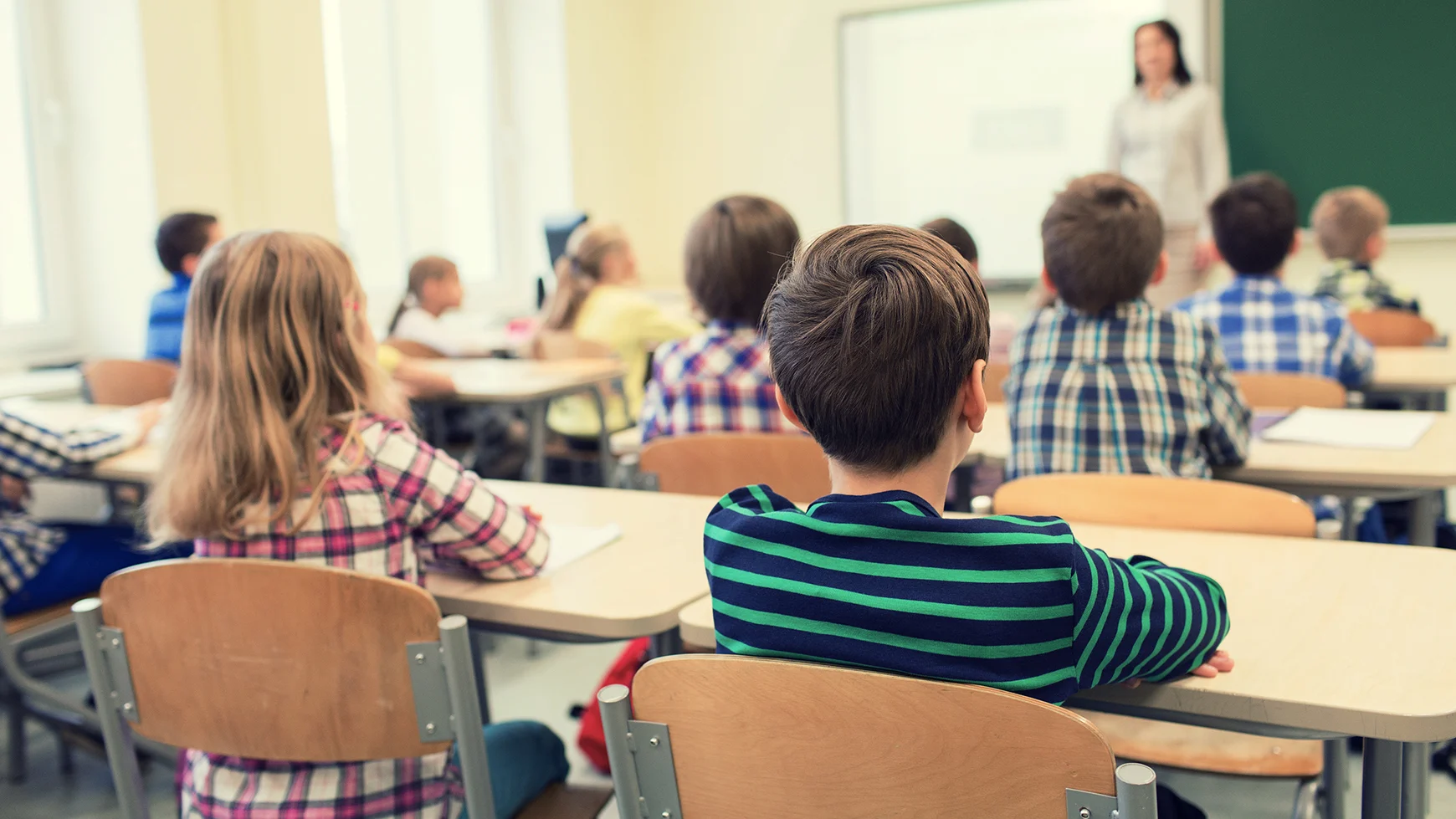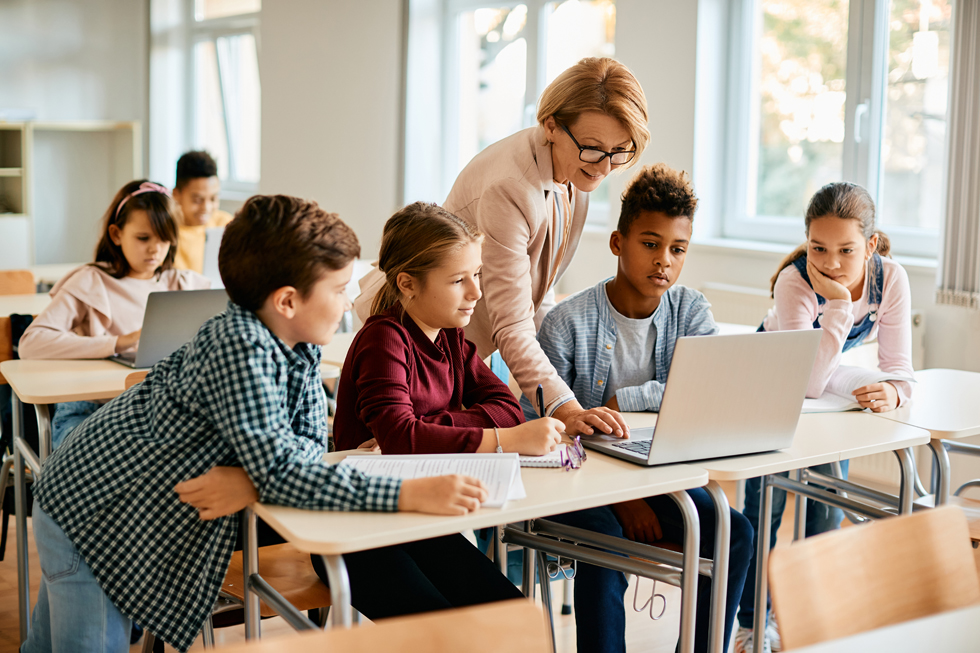Sign up with the Motion to Save Temecula Schools: Neighborhood Action Needed!
Sign up with the Motion to Save Temecula Schools: Neighborhood Action Needed!
Blog Article
Comprehending the Relevance of Institutions in Child Growth and Neighborhood Development
Schools work as critical establishments for child advancement and neighborhood development, providing atmospheres where scholastic accomplishments are enhanced by the cultivation of social skills and exposure to varied viewpoints. These academic settings not just promote crucial reasoning and effective interaction yet additionally foster empathy via collective projects. In addition, colleges' involvement with local communities via service-learning initiatives enhances the bond in between families and schools. This cooperative connection highlights the value of colleges in nurturing active citizenship and long-lasting understanding behaviors. Nonetheless, what are the certain devices whereby these institutions accomplish such profound influences?
Academic Achievement
Academic achievement works as a keystone of kid development, providing the structure upon which future discovering and success are built. Schools play an essential function in fostering this academic growth, supplying structured atmospheres where youngsters can acquire necessary knowledge and cognitive skills. Standardized curricula make sure that trainees gain proficiency in core subjects such as maths, scientific research, and language arts, which are crucial for both higher education and professional opportunities.
In enhancement to imparting basic academic abilities, schools additionally cultivate crucial thinking, problem-solving abilities, and intellectual interest. These cognitive competencies are important for browsing complex real-world circumstances and adjusting to the ever-evolving demands of the modern workplace. Educators, as facilitators of knowing, use varied pedagogical approaches to deal with different discovering designs, thereby maximizing specific student potential.
Additionally, academic success is very closely linked to self-esteem and inspiration. Kids who experience academic achievements are most likely to create a positive self-concept and a lifelong interest for knowing. Institutions also provide different sources, such as libraries and innovation, which better boost the academic experience and prepare students for a technologically advanced society.
Social Skill Growth
Beyond scholastic success, the duty of institutions in social skill advancement is indispensable. Schools serve as a primary location for children to learn and exercise necessary social skills such as collaboration, conflict, and communication resolution. In the organized atmosphere of a class, trainees engage with peers, instructors, and other college staff, offering countless possibilities to develop these critical capacities.
Efficient social skill advancement in schools is promoted with team activities, collaborative tasks, and extracurricular programs. These interactions help pupils comprehend social norms, develop empathy, and cultivate a sense of community. Team assignments teach pupils how to function with each other in the direction of a common objective, pay attention to various viewpoints, and navigate differences constructively.

The growing of social skills throughout academic year lays a foundation for future personal and professional connections. Save Temecula Schools. As trainees grow, the ability to efficiently team up and connect becomes increasingly vital, emphasizing the college's essential function in alternative kid growth
Direct Exposure to Diversity
Exposure to diversity in institutions is essential to cultivating a comprehensive way of thinking and broadening students' viewpoints. Schools function as a microcosm of the broader society, and encountering varied cultures, languages, and socioeconomic backgrounds within this environment Click This Link gears up trainees with essential skills for navigating a significantly globalized world. This exposure encourages compassion, lowers prejudices, and advertises common regard among peers.
Varied class additionally boost social and cognitive growth. Research shows that pupils that communicate with peers from varied backgrounds exhibit better analytic skills and imagination. They discover to appreciate various point of views, which enriches class discussions and fosters an extra dynamic learning experience. In addition, this understanding of variety prepares trainees for future offices that value modern competence.

Area Engagement
The advantages of varied class expand beyond the college wall surfaces, fostering a strong sense of community interaction amongst trainees. By engaging with peers from numerous cultural, socioeconomic, and ethnic histories, pupils obtain a more comprehensive viewpoint and an appreciation for diversity. This exposure urges them to come to be energetic people that want to contribute positively to their communities.
Schools that stress area involvement usually include service-learning tasks, which enable trainees to deal with real-world problems while using scholastic skills. These projects not just improve trainees' understanding of their coursework but also infuse a feeling of responsibility and empathy. Partnerships between institutions and local companies offer students with possibilities to participate in area occasions, further strengthening their role as aggressive area members - Save Temecula Schools.
In addition, parental and area participation in schools reinforces the bond between schools and the neighborhoods they serve. They create a collaborative atmosphere that profits all stakeholders when institutions open their doors to area occasions, workshops, and volunteer opportunities. This shared assistance system guarantees that pupils obtain find out here now holistic advancement, preparing them to come to be well-rounded people who add and value to their communities. With these efforts, colleges play an essential duty in nurturing neighborhood involvement and promoting social development.
Lifelong Knowing Habits
Developing long-lasting knowing practices is crucial for a youngster's continual development and adaptability in an ever-changing globe. Schools play a crucial role in instilling these habits by producing an environment that cultivates interest, crucial reasoning, and a love for expertise. Through diverse curricula and extracurricular activities, teachers encourage students to explore various subjects, evaluate info seriously, and use their finding out to real-world situations.

Furthermore, colleges provide an organized atmosphere where youngsters can create self-control and time monitoring abilities, both of which are essential for continual learning. By emphasizing the value of setting goals, showing on development, and adapting methods, universities prepare pupils to navigate the intricacies of grown-up life, ensuring they remain lifelong learners and contributors to culture.
Conclusion
Finally, institutions are crucial in promoting kid growth and area development by offering settings conducive to scholastic accomplishment, social skill growth, and exposure to variety. Through joint projects and interactions, schools boost critical reasoning, compassion, and interaction skills. Neighborhood interaction initiatives even more reinforce the bond between neighborhood communities and academic organizations. Eventually, colleges cultivate long-lasting learning practices, outfitting people with the necessary expertise and abilities to add positively to culture.
In the organized setting of a classroom, trainees engage with peers, educators, and various other school team, using many opportunities to establish these important capacities.
In essence, exposure to variety within colleges not just improves specific pupils however also enhances the social material of the neighborhood as a whole.
The benefits of diverse classrooms expand past the college walls, promoting a strong sense of community interaction among trainees.Colleges that highlight neighborhood engagement commonly integrate service-learning tasks, which enable trainees to deal with real-world troubles while using scholastic abilities. Collaborations in between colleges and neighborhood organizations provide trainees with possibilities to participate in community occasions, further strengthening their duty as aggressive community members.
Report this page